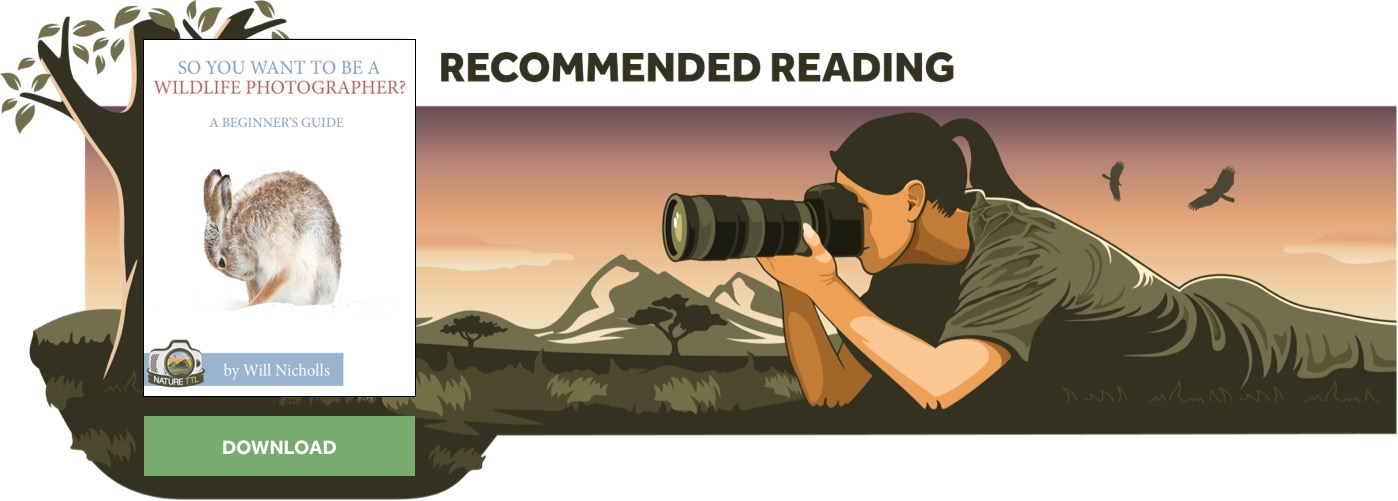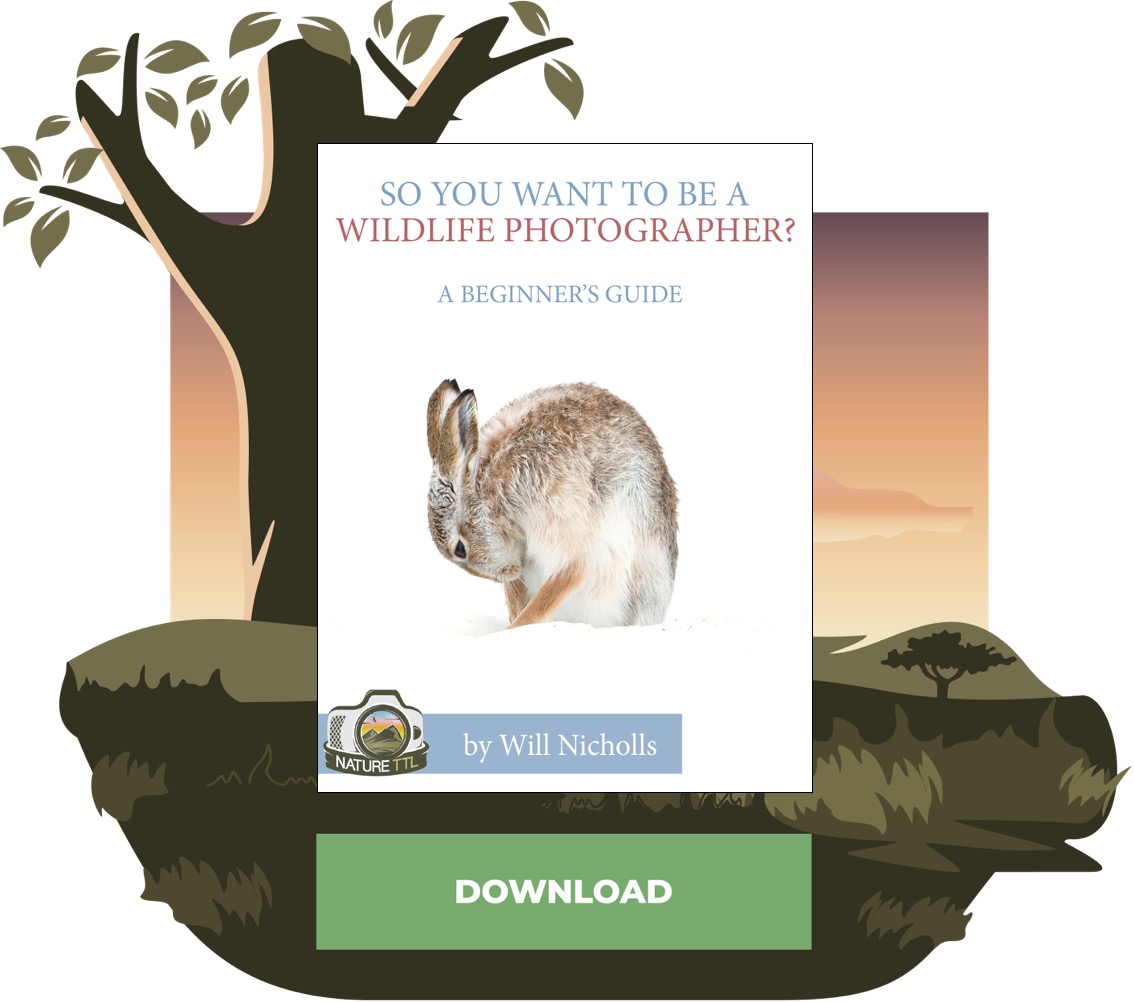Winners of Wildlife Photographer of the Year 2022 Announced

The winners of the Natural History Museum’s prestigious Wildlife Photographer of the Year competition were announced at an awards ceremony in London earlier today.
American photographer Karine Aigner was announced as this year’s Wildlife Photographer of the Year for her remarkable image of a buzzing ball of cactus bees spinning over the hot sand on a Texas ranch.


In her bee-level close-up, all except one are males and they are intent on mating with the single female at the centre. Like most bees, they are threatened by habitat loss, pesticides, and climate change, as well as farming practices that disrupt their nesting grounds.

Karine is the fifth woman in the competition’s fifty-eight-year history to be awarded the Grand Title award.
Chair of the jury, writer and editor, Rosamund ‘Roz’ Kidman Cox OBE says, ‘Wings-whirring, incoming males home in on the ball of buzzing bees that is rolling straight into the picture. The sense of movement and intensity is shown at bee-level magnification and transforms what are little cactus bees into big competitors for a single female.’
Young Wildlife Photographer of the Year 2022
Sixteen-year-old Katanyou Wuttichaitanakorn from Thailand was awarded the Young Wildlife Photographer of the Year 2022 for his creative image, The beauty of baleen.
When a Bryde’s whale surfaced close to the boat, Katanyou was intrigued by the contrasting colours and textures of its dark skin, pink gum and the brush-like mass of baleen hanging down from its top jaw.

Like other baleen whales, Bryde’s use a technique known as lunge-feeding to capture large numbers of small schooling fish and use the plates of baleen to filter the small prey from the ocean.
A keen naturalist and a photographer since he was 12, this dynamic composition is Katanyou’s first award in the annual competition.
‘Out of the jaws of a Bryde’s whale comes this dazzling creation. The pin-sharp detail of the tiny anchovies is set against an abstraction of colour with the weave of brown baleen hair rimmed by a cascade of water drops,’ says Rosamund ‘Roz’ Kidman Cox OBE.
Powerful platform
The two Grand Title winners were selected from 19 category winners that highlight the natural world in all its wonder and diversity.
In an intensive process, 38,575 entries from 93 countries were judged anonymously by an international panel of experts on their originality, narrative, technical excellence, and ethical practice.
Dr Doug Gurr, Director of the Natural History Museum comments, ‘Wildlife photographers offer us unforgettable glimpses into the lives of wild species, sharing unseen details, fascinating behaviours and front-line reporting on the climate and biodiversity crises. These images demonstrate their awe of and appreciation for the natural world and the urgent need to take action to protect it.’
The Natural History Museum will reveal the redesigned Wildlife Photographer of the Year exhibition featuring the awarded images on 14 October 2022 in London. The exhibition invites visitors to explore how human actions continue to shape the natural world.
The exhibition will tour across the UK and internationally to venues in Australia, Canada, Denmark, France, Germany, New Zealand, Switzerland, USA, and more.
The fifty-ninth Wildlife Photographer of the Year competition will open for entries from photographers of all ages, nationalities, and levels on Monday 17 October 2022. The international jury of industry experts has been announced, and the entry fee for photographers entering from 50 countries will be waived.
Here are some of the other awarded images.
Animals in their Environment
Category winner. Spectacled bear’s slim outlook by Daniel Mideros, Ecuador.

Technical details: Canon 7D Mark II + 18–55mm f3.5 lens; 1/160 sec at f14; ISO 400; 2x Nikon SB-28 flashes; Camtraptions camera-trap system.
Animal Portraits
Category winner. Puff perfect by José Juan Hernández Martinez, Spain.

Technical details: Nikon D3S + Sigma 150–600mm f5–6.3 lens at 600mm; 1/1000 sec at f6.3; ISO 800; Manfrotto tripod + Benro head.
Behaviour: Invertebrates
Category winner. The big buzz by Karine Aigner, USA.

Technical details: Sony α7R III + Laowa 24mm f14 2x macro probe lens; 1/1000 sec; ISO 6400; Profoto strobe + wireless trigger.
Behaviour: Birds
Category winner. The listening bird by Nick Kanakis, USA.

Technical details: Nikon D850 + 500mm f5.6 lens; 1/160 sec at f5.6; ISO 5000.
Behaviour: Mammals
Category winner. The great cliff chase by Anand Nambiar, India.

Technical details: Nikon D500 + 200–500mm f5.6 lens at 500mm; 1/1600 sec at f18; ISO 400.
Behaviour: Amphibians and Reptiles
Category winner: The bat-snatcher by Fernando Constantino Martínez Belmar, Mexico.

Technical details: Nikon D800 + 105mm f2.8 lens; 1/200 at f9; ISO 125; Nikon SB-700 flash; red flashlight.
Natural Artistry
Category winner: Heavenly flamingos by Junji Takasago, Japan.

Technical details: Nikon Z7 + 80–400mm f4–5.6 lens at 400mm; 1/3200 sec at f10 (+0.7 e/v); ISO 800.
Oceans: The Bigger Picture
Category winner. New life for the tohorā by Richard Robinson, New Zealand.

Technical details: Canon EOS 5DS R + 8–15mm f4 lens at 15mm; 1/640 sec at f4; ISO 1600; Aquatica housing.
Plants and Fungi
Category winner. The magical morels by Agorastos Papatsanis, Greece.

Technical details: Nikon D810 + Laowa 15mm f4 lens + polarising filter; 0.8 sec at f20; ISO 200; 2x Godox V1-N flashes; Godox XPro-N wireless trigger; Leofoto tripod.
Underwater
Category winner. Shooting star by Tony Wu, USA/Japan.

Technical details: Nikon D850 + 105mm f2.8 lens; 1/250 sec at f18; ISO 320; Nauticam housing; Backscatter Mini Flash 1 + Inon S2000 + Z240 strobes; RGBlue compact tripod.
Urban Wildlife
Category winner. House of bears by Dmitry Kokh, Russia.

Technical details: DJI Mavic 2 Pro + Hasselblad L1D-20c + 28mm f2.8 lens; 1/160 sec at f2.8; ISO 640.
Wetlands – The Bigger Picture
Category winner. The dying lake by Daniel Núñez, Guetamala.

Technical details: DJI Mavic Mini 2 + 24mm f2.8 lens; 1/60 sec at f2.8; ISO 100.
Photojournalism
Category winner. Ndakasi’s passing by Brent Stirton, South Africa.

Technical details: Canon EOS R5 + 24–70mm 2.8 lens; 1/160 sec at f2.8; ISO 3200.
Wildlife Photographer of the Year is developed and produced by the Natural History Museum, London. To see more of the awarded entries, visit the NHM website.





